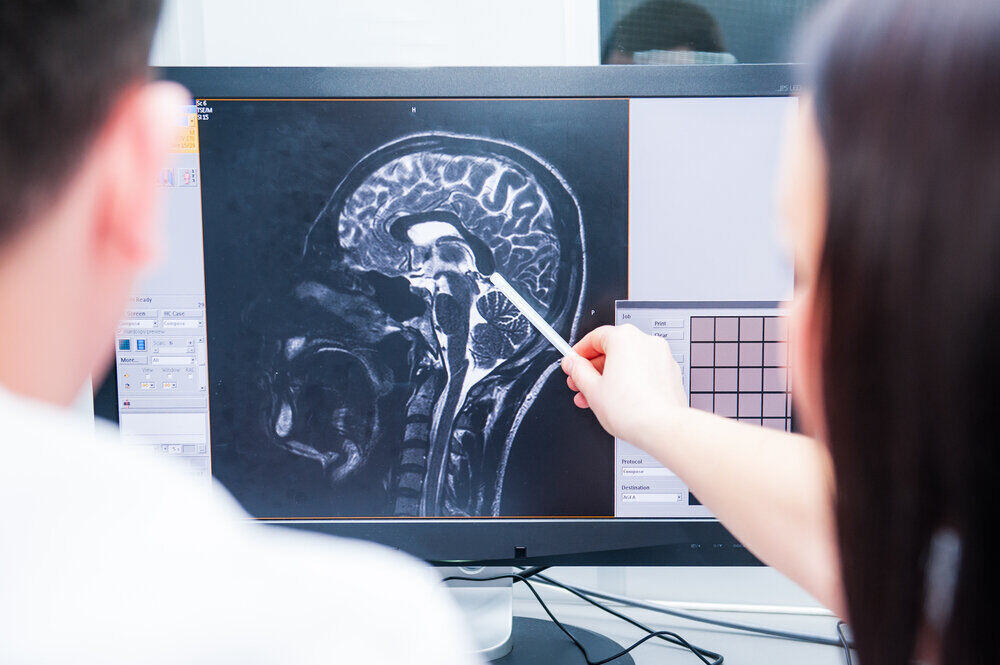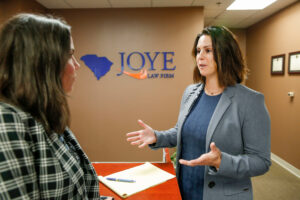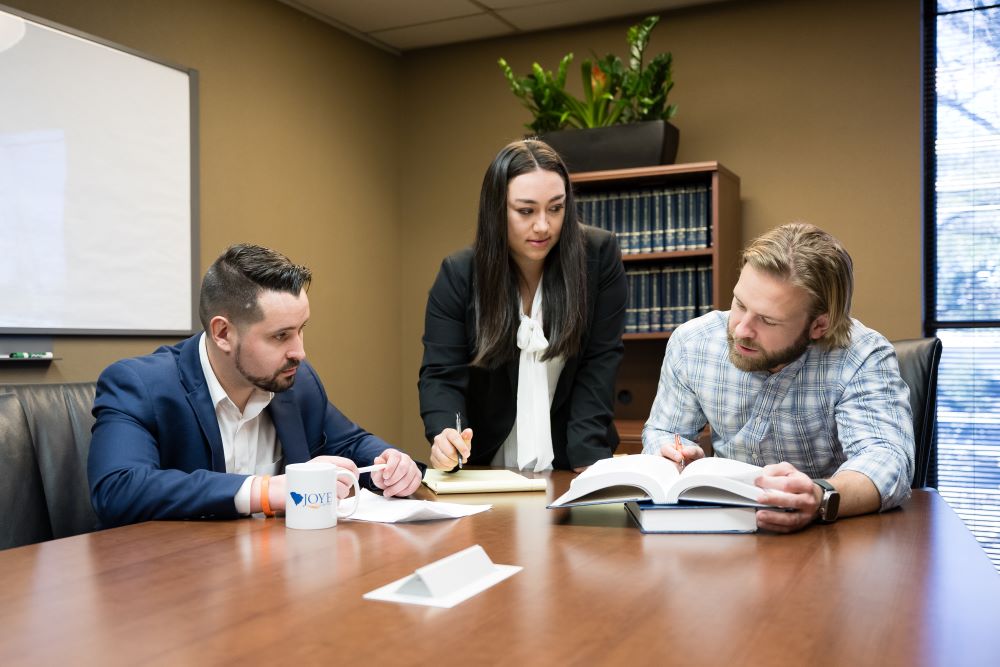
Suffering a brain injury at work can change your life in an instant. Suddenly, tasks that once felt routine—like going to work, caring for your family, or even enjoying time with friends—become daunting challenges. The emotional and financial burdens of recovery can feel overwhelming, especially when you’re unsure about your future.
At Joye Law Firm, we understand the profound impact a brain injury can have on you and your loved ones. Our mission is to help you secure the compensation you deserve so you can focus on healing and reclaiming your life. Let us guide you through every step of your workers’ compensation claim and fight for the best possible outcome in your case.
South Carolina Workers’ Compensation Brain Injury Settlements
The South Carolina workers’ compensation system provides benefits for employees who suffer injuries on the job, including traumatic brain injuries (TBIs). A brain injury can vary widely in severity, from a mild concussion to severe brain damage that affects your ability to work and perform everyday activities. If you’ve suffered a brain injury at work, you may be entitled to workers’ compensation benefits covering medical expenses, lost wages or income, and other related costs.
Despite the possible long-term or permanence of brain injuries, South Carolina law limits workers’ compensation benefits for most brain injuries to 500 weeks. However, in cases where there is permanent physical brain damage so severe that the worker cannot work, the injured worker may be eligible for lifetime benefits known as Total and Permanent Disability Benefits.
Recent South Carolina Supreme Court rulings have made it harder for workers with brain injuries to qualify for lifetime benefits. These rulings established strict criteria for what qualifies as “serious” brain damage and can significantly impact a workers’ compensation claim. Having a trusted brain injury lawyer familiar with South Carolina workers’ compensation laws can help injured workers cut through the red tape to secure the compensation needed.
What Qualifies as a Traumatic Brain Injury Under Workers’ Compensation?
A traumatic brain injury is any injury to the head that disrupts normal brain function. TBIs can range from mild concussions to severe injuries that cause permanent brain damage. Symptoms may include headaches, confusion, memory loss, mood swings, and difficulties with concentration or speech.
Under South Carolina law, workers’ compensation covers injuries that occur in the course and scope of employment. If your brain injury happened at work or while performing job-related tasks, including if you were injured in a car crash while working, you might be eligible for compensation. Even mild brain injuries can have long-term effects on your health and ability to work, making it important to seek a fair settlement.
Factors That Influence South Carolina Workers’ Compensation Brain Injury Settlements

Several factors can affect the amount of compensation you receive for a brain injury. These include:
- Severity of the Injury: More severe brain injuries often result in higher compensation due to the long-term impact on your ability to work and function.
- Medical Treatment Needed: The extent and duration of your medical care, including hospital stays, surgeries, medications, and rehabilitation, will influence your settlement.
- Ability to Work: If your brain injury prevents you from returning to work, either temporarily or permanently, this will be factored into your compensation.
- Impact on Daily Life: Brain injuries can affect everything from cognitive abilities to mood and behavior. Settlements may account for how the injury impacts your quality of life.
- Future Medical Needs: Some brain injuries require ongoing care, including therapy, assistive devices, and medical monitoring. Future medical needs can be costly and will increase the amount of your settlement.
- Legal Representation: Having an experienced workers’ compensation attorney on your side can greatly influence the outcome of your case. At Joye Law Firm, our lawyers will fight to ensure you receive the full compensation you deserve.
In South Carolina, workers’ comp claimants have to see the medical providers assigned to them by their employer’s workers’ comp insurance provider. If you disagree with that doctor’s evaluation of your injuries, it’s crucial to seek a second opinion through an Independent Medical Exam (IME). To request an IME, you must follow complicated rules laid out by the Workers’ Compensation Commission. Joye Law Firm has a strong track record of helping injured workers obtain the medical care they need, even after initial denials of benefits or requests for a second opinion.







